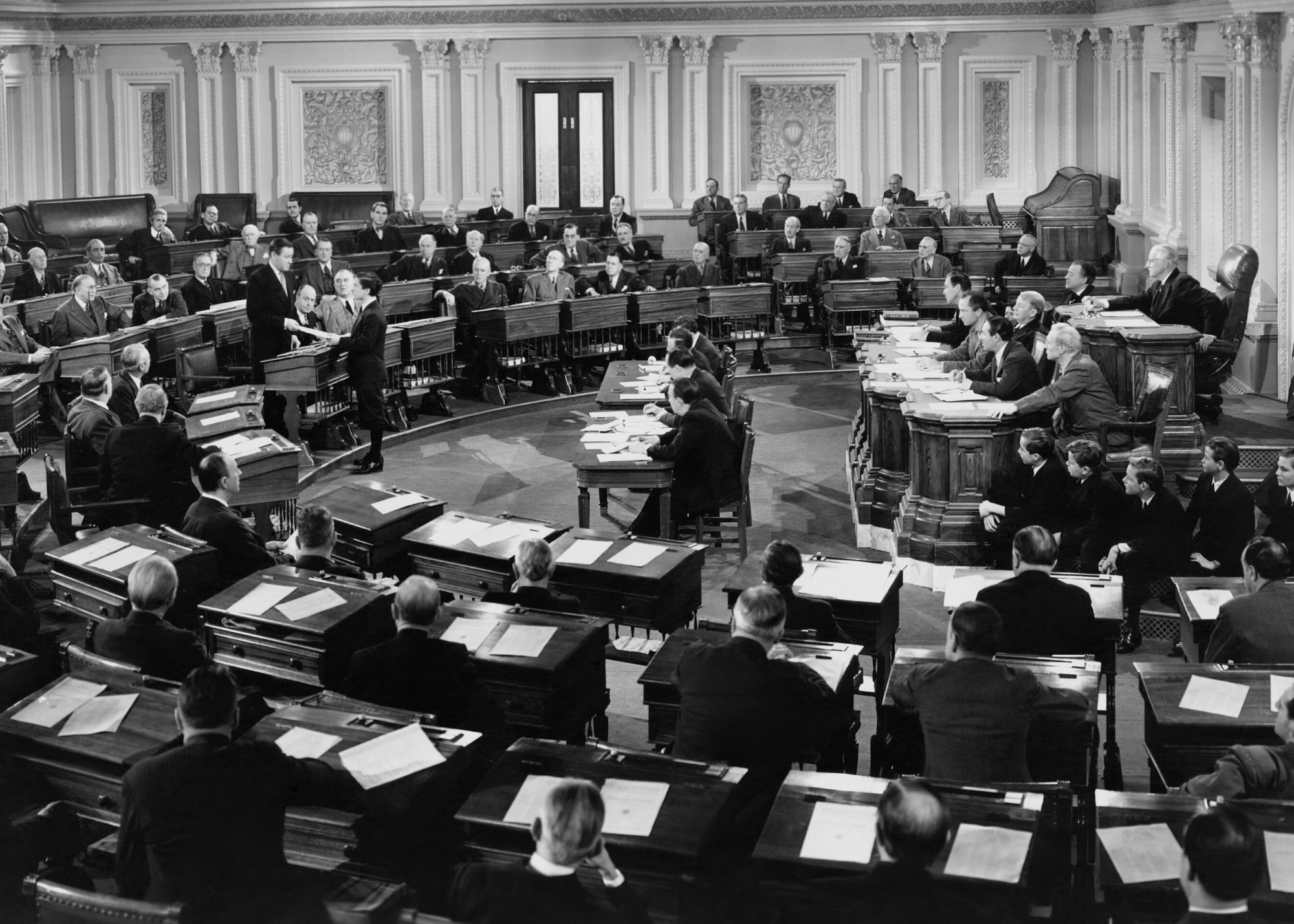The Legislative Success of “Giant Killers”
Incumbent members of Congress are difficult to defeat in elections: since the early 1970s, fewer than 10 percent of all those who have run against them have been successful. In this paper, Sean Theriault, Professor at The University of Texas at Austin and Center for Effective Lawmaking (CEL) Faculty Affiliate, along with Jared Hrebenar and Isabel Reyna, examine the legislative effectiveness of those rare challengers who knock off incumbents they nickname “Giant Killers” and find that they have greater than expected legislative success after their victories. The authors argue that being a Giant Killer is an important component in understanding legislators’ early successes in Congress, either because they are simply stellar politicians (as they expect from challengers who defeat incumbents) or because their party leadership celebrates their victories by prioritizing their legislation or giving them important committee assignments. Over the first part of their careers in the House, they find that these Giant Killers have around 20 percent higher legislative effectiveness scores than their counterparts; although Senate Giant Killers do not enjoy as large a bonus, it is still real and statistically significant. The CEL’s Legislative Effectiveness Scores were used for part of the research conducted for this paper.
To learn more, read the full report here.



